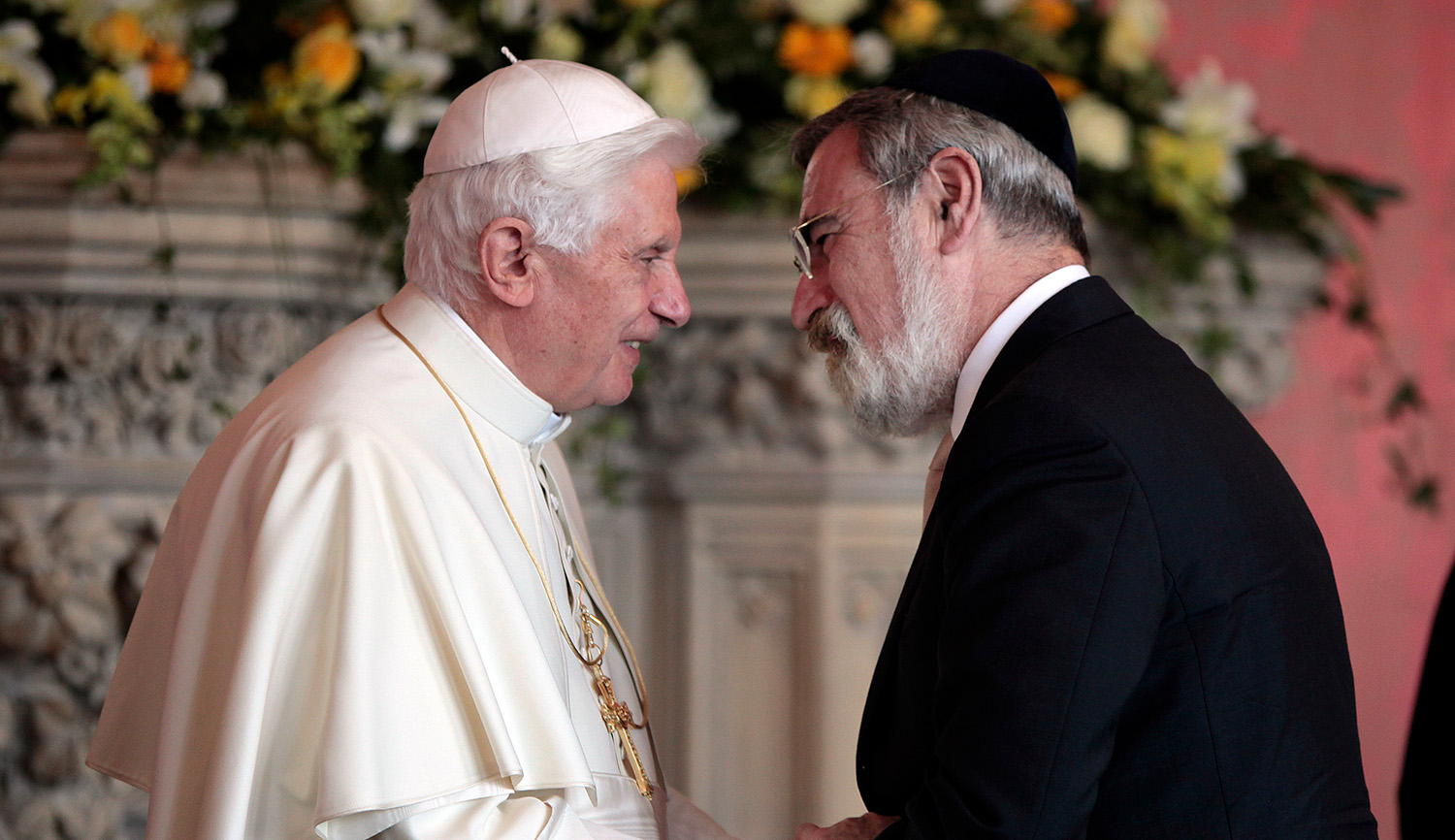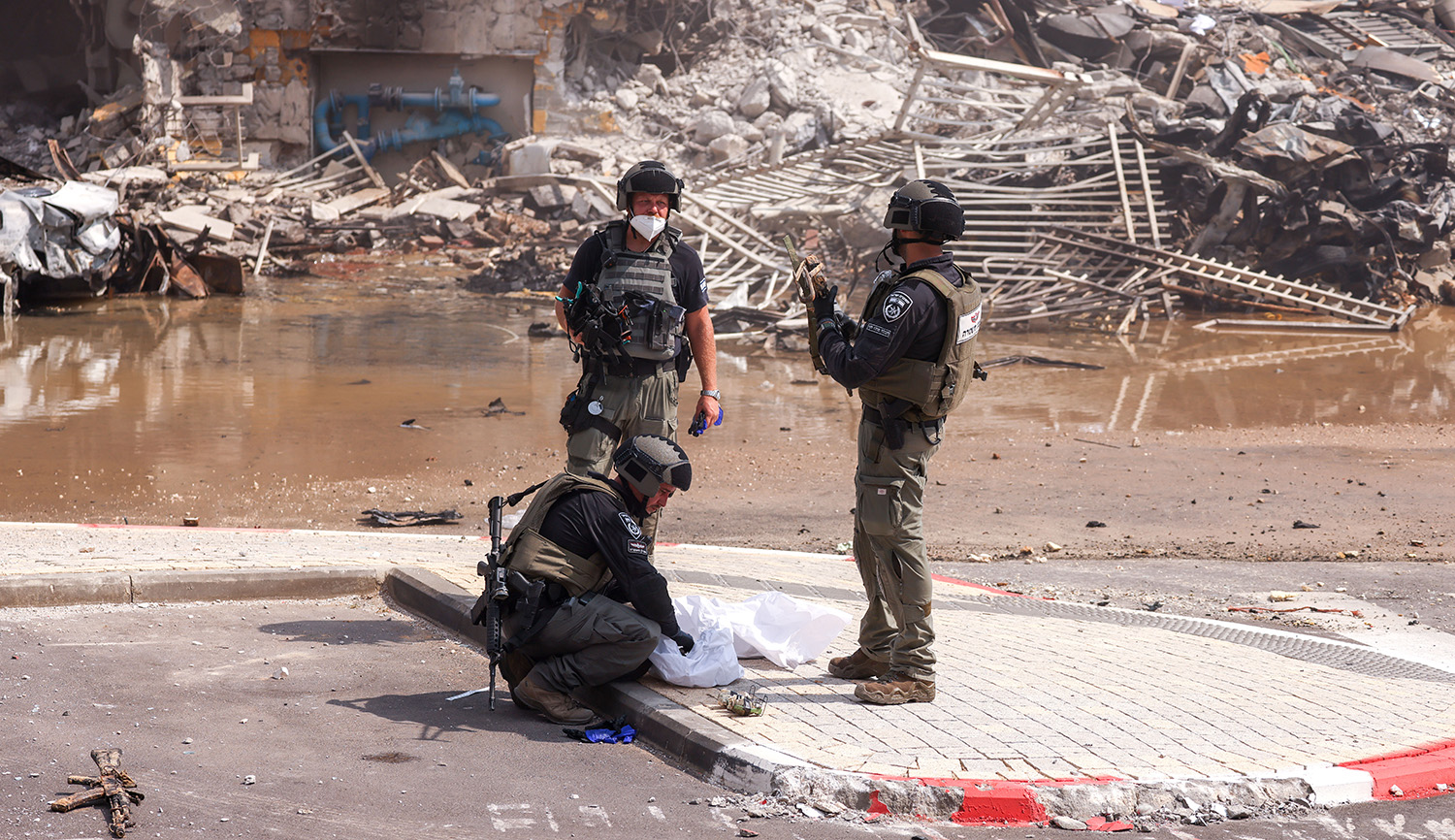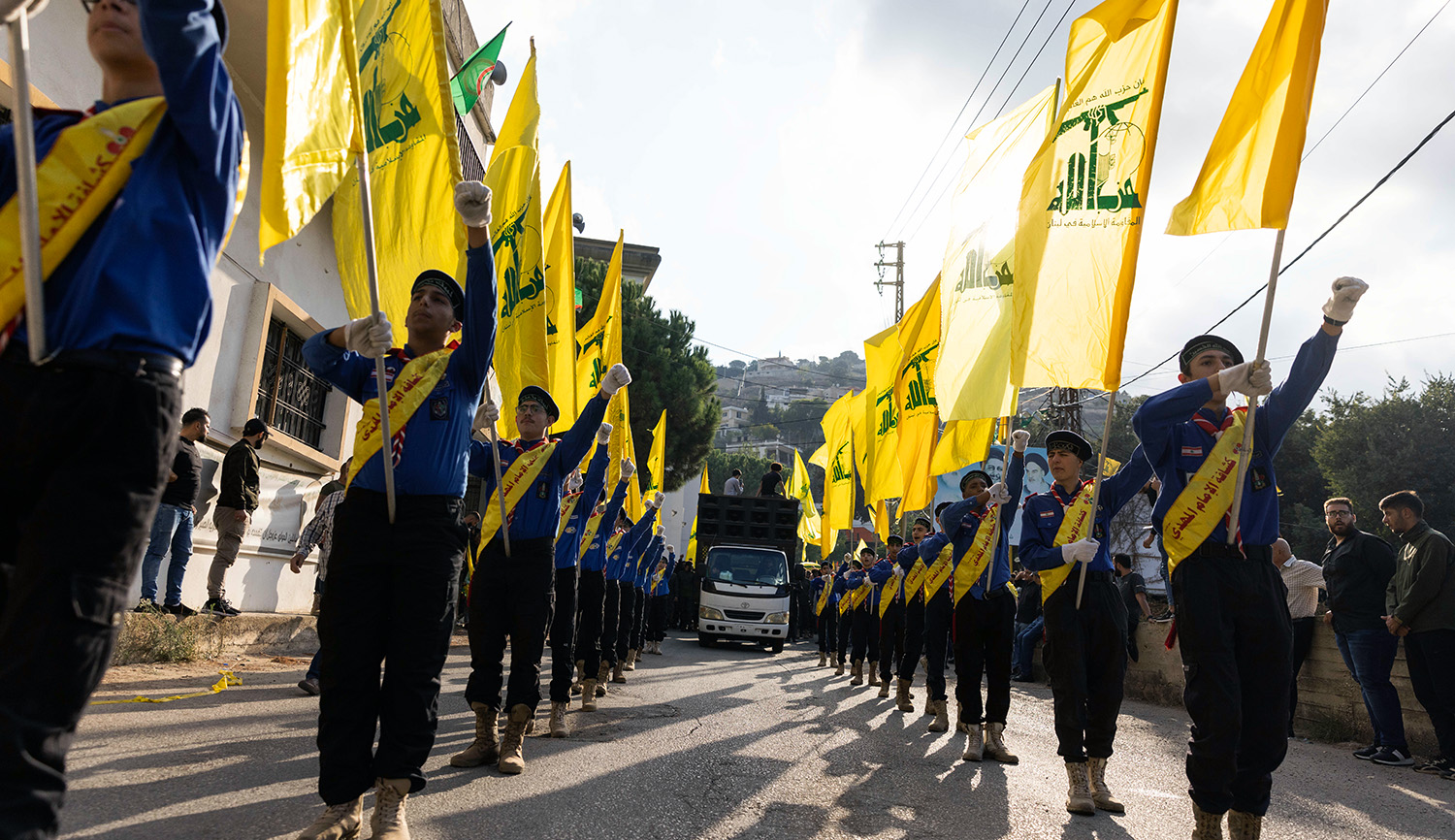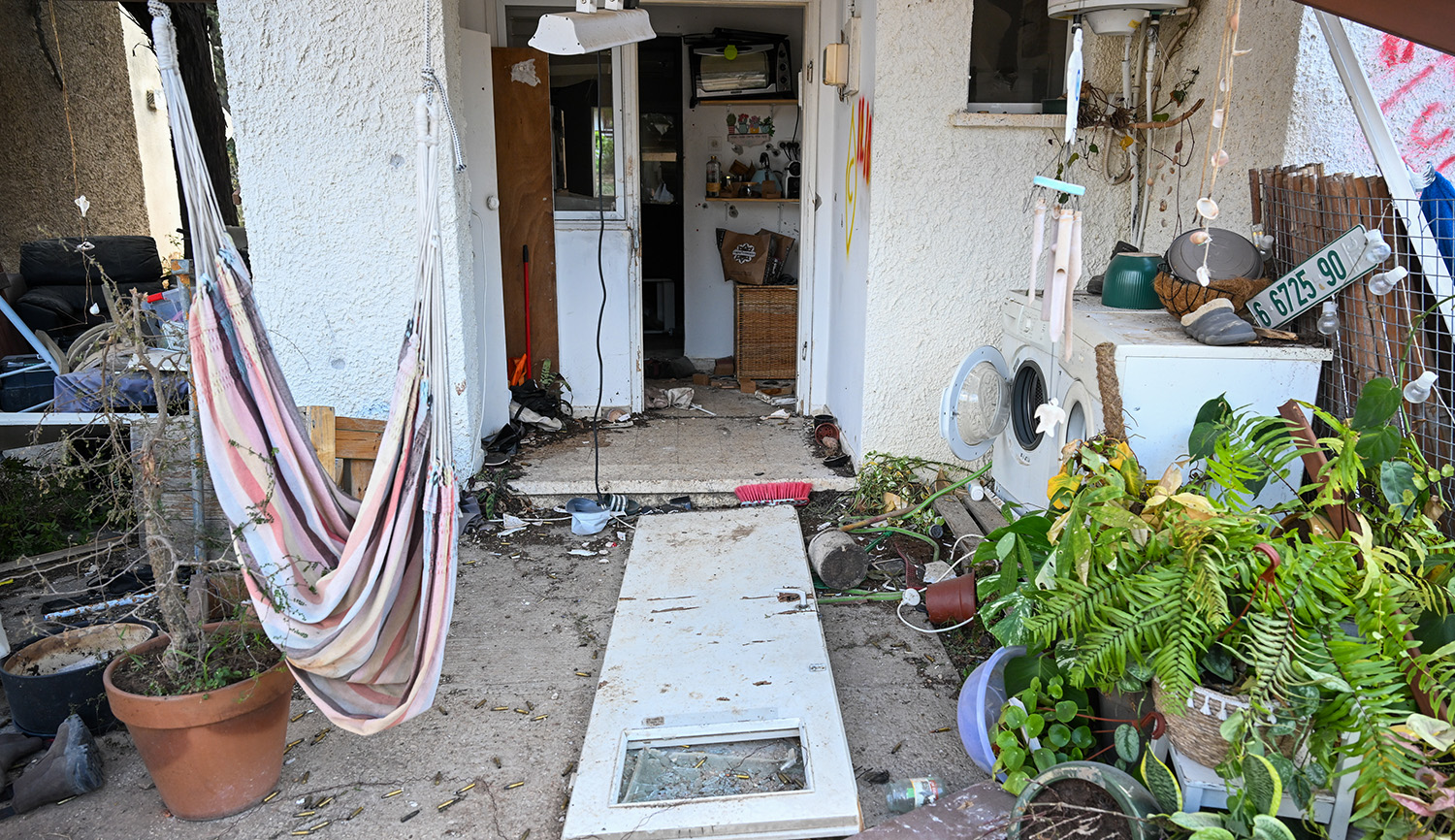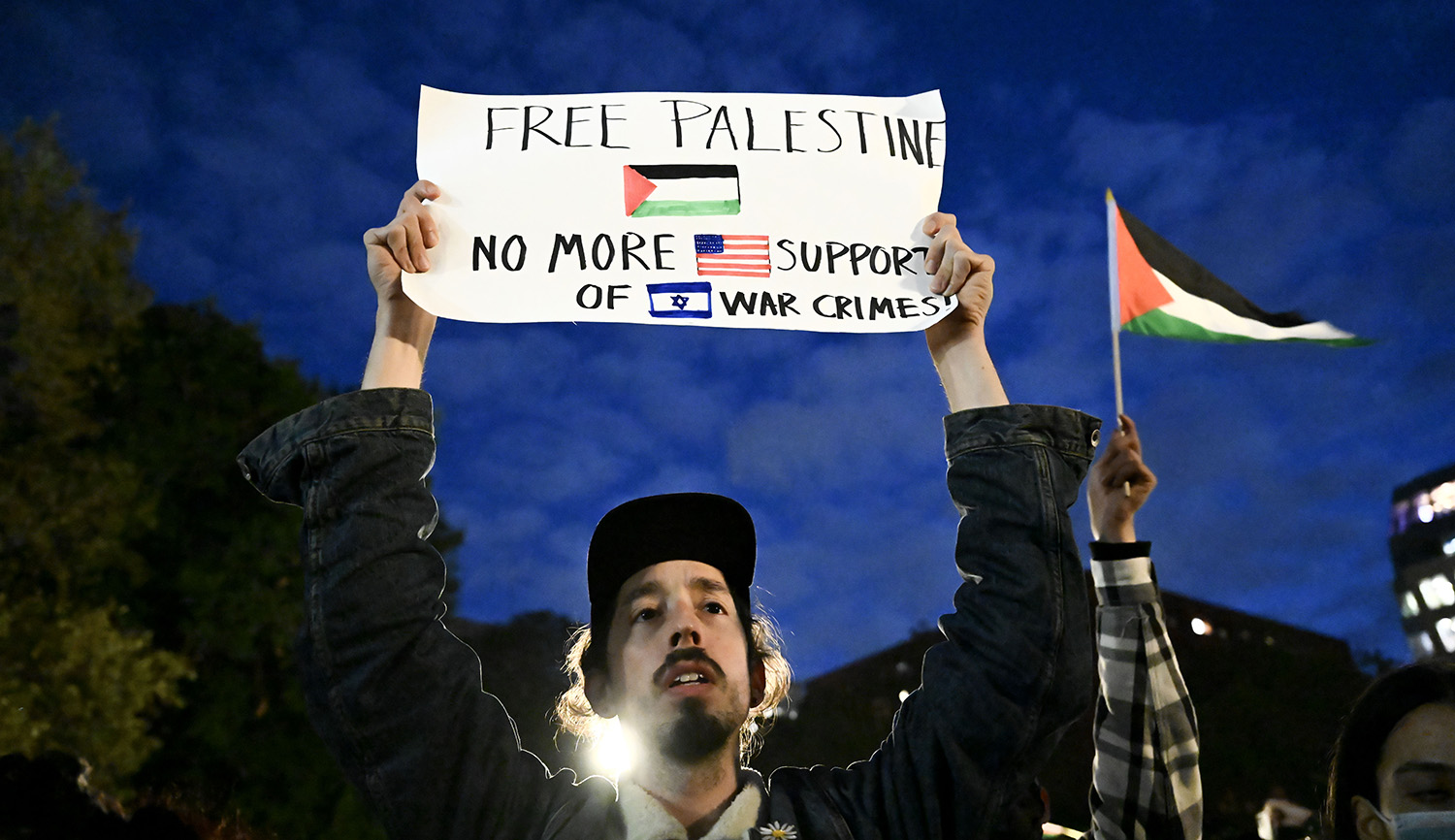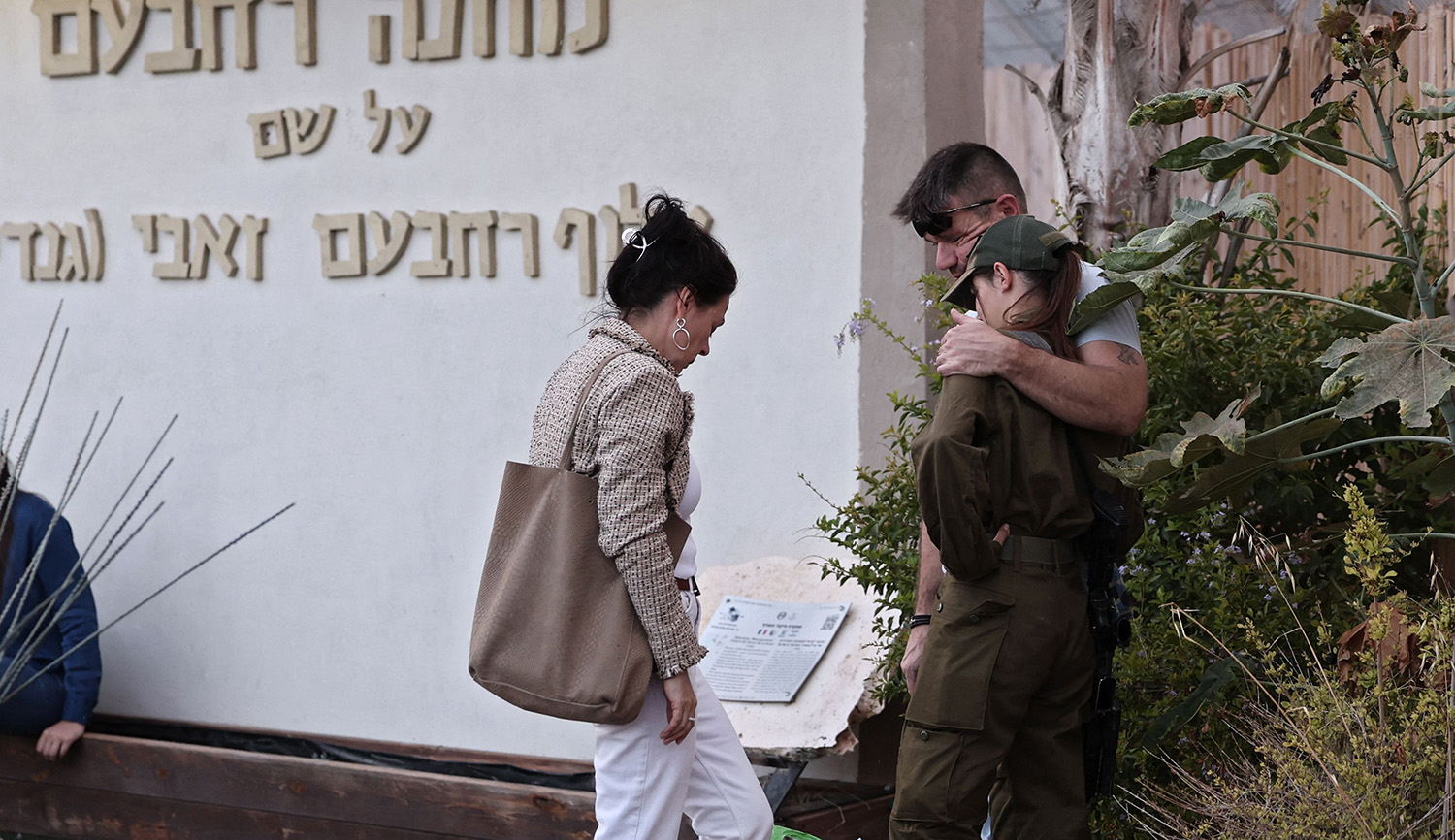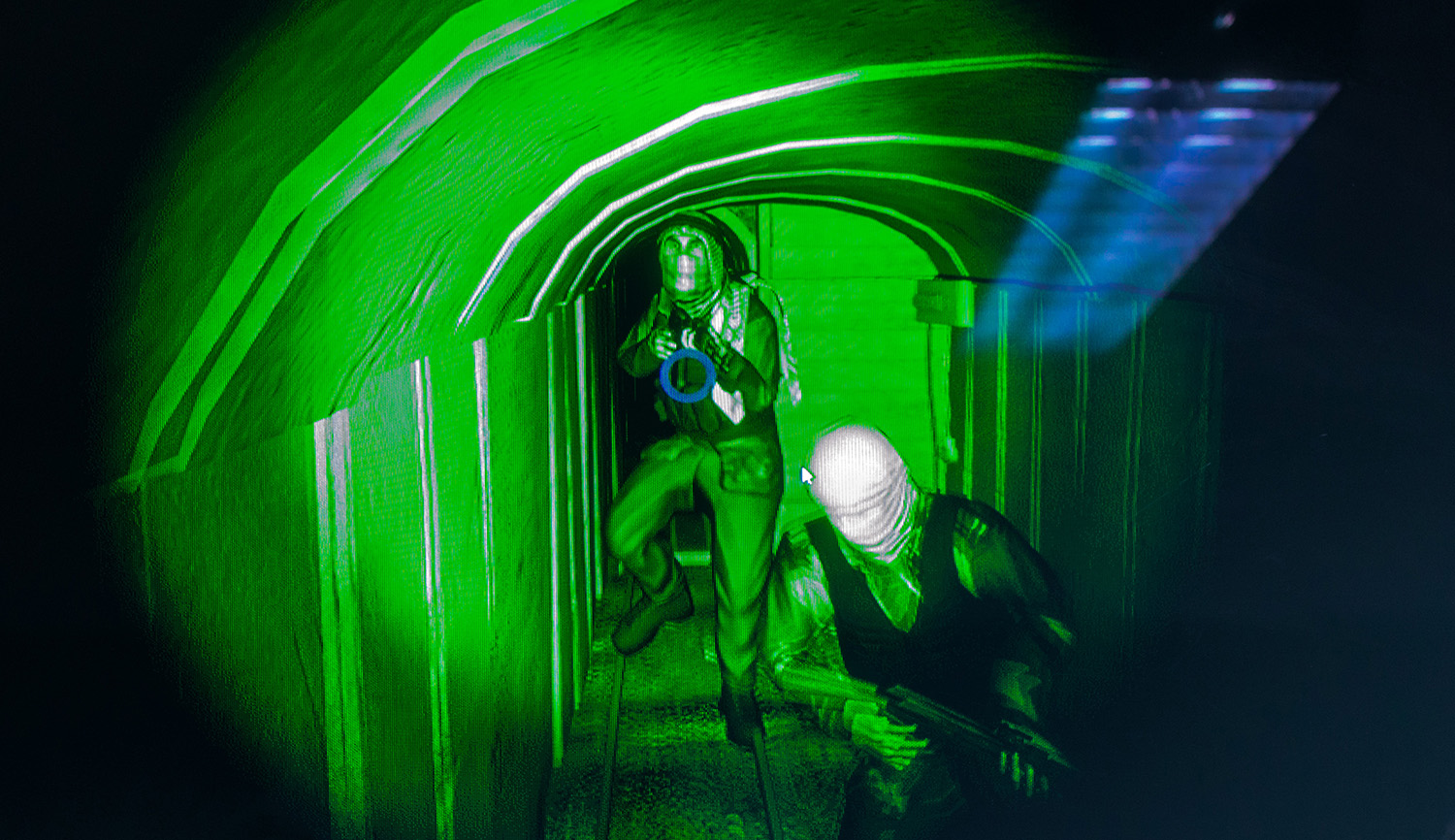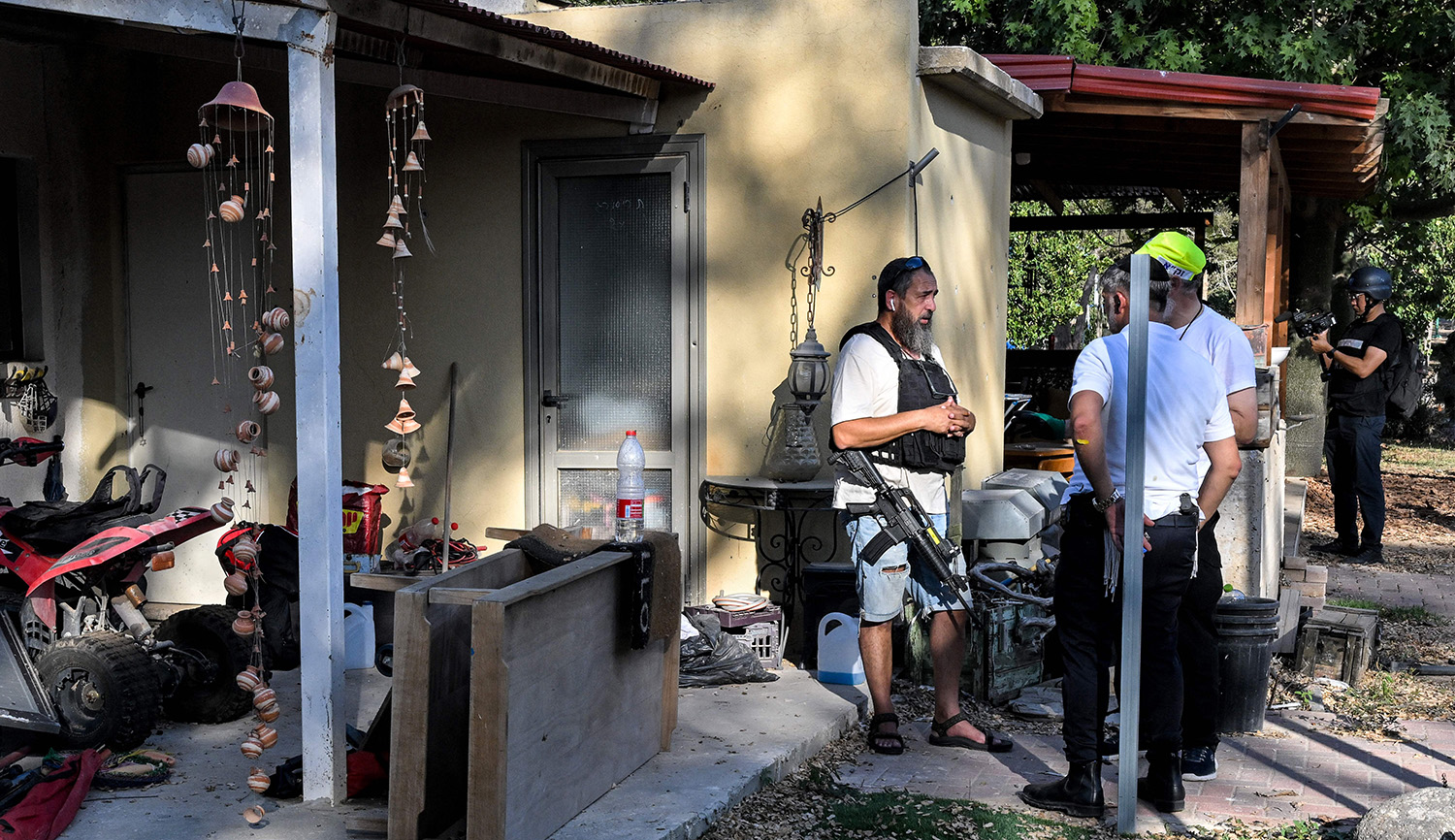Why should Catholics, and Catholic institutions, stand against anti-Semitism? Rooting out the cancer of Jew hatred is, for us an American imperative and at the same time a Christian obligation. The Philos Project, which promotes positive Christian engagement in the Near East, recently organized a conference with partners at Franciscan University in Steubenville, Ohio to probe the subject, and to galvanize lay Catholic writers, intellectuals, clergy, and students who see things the way that we do.
There have been many such Christian-Jewish collaborations in the past, of course, but what set this conference apart is that none of the main participants identify as religious liberals, that is, as inhabiting the sort of religious disposition that looks to cultivate interreligious dialogue as an expression of ecumenical broadmindedness. Instead, the conference we had in mind would bring together traditional Catholics and traditional Jews. We wanted our coreligionists at the conference to meet Orthodox rabbis, and for them to meet their Catholic counterparts. There would be no serene and vapid embrace of syncretic mush, or guitar-strumming validation circles.
The conference was many months in the making. When we first proposed it to the leadership of Franciscan University, they didn’t hesitate. Some might wonder why Catholic educators and church leaders would want to have a conversation about anti-Semitism, but our partners at Franciscan saw the same signs of rising anti-Semitism as we did, and to all of us it was obvious that we needed to do this. That was before the Hamas massacres of October 7. On October 8, the organizers asked, for many reasons, whether this conference that brings traditional Jewish and Catholic writers and leaders together would still happen. The leadership at Franciscan said, “Now more than ever.”
And then the protests began. As we watched anti-Semitism on the streets of once-Christian Europe, and on American campuses—many of them formerly Christian, too—Franciscan University announced that it would open its doors to any American Jewish students to transfer who felt threatened. Father Dave Pivonka, Franciscan’s president, asked fifteen other schools to do the same.
That’s the spirit of the Franciscan order, which, during the Shoah, saved thousands of Jews across Europe. Franciscan heroes are recognized by Yad Vashem as Righteous Among the Nations, including the bishop of Assisi. Sadly, there were also then—as now—Catholics who gave in to anti-Semitism, who said the Jews were to blame for Communism or capitalism, for being too religious or not religious enough. Sadly, in more recent times, some fellow Catholics cooperated with the neo-pagan evil of the Nazis, and scapegoated the Jewish people. Some cooperate with that evil today. In the Middle Ages too, members of the institutional Church defamed the Jews and stirred up popular passions against them, though some then too stood against the mobs. For our conference to succeed we had to acknowledge both truths of the mid-century Catholic Church: some of our people honorably resisted evil, and some succumbed to it. The capacity to sin and to reject sin are always striving within us.
Our conference took place last week. And in my framing remarks, I noted that Catholics might be tempted—because of our distance from Israel, or because of our distance from our own Jewish origins—to feel as if we are safe from the evil we saw in the towns and villages bordering Gaza. But we are not safe from it. I shared a story with the group that I want Jewish readers to hear too. It was told to me by a Christian friend from Egypt.
In October 1973, as Egyptian radio announced the surprise attack on Israel, and promised the conquest of Jerusalem, an Armenian Christian woman was shopping at the neighborhood store where she’d shopped all her life. The store owner looked her in the face as he rang up her items and said, with cool equanimity, “Today the Jews. Tomorrow you.”
Egypt, like many countries in the region, had already forced out its Jewish citizens, many of whom had lived in her neighborhood. Over a million Jews were driven from Middle Eastern lands after 1948. In the decades that followed, millions of Christians followed.
Today, threats to Jewish communities are skyrocketing in Europe and America, even beyond campuses. Violence is escalating. Christians, Americans, hear me: “Today the Jews, tomorrow you.”
Let me say a word about the roots of anti-Semitism. Anti-Semitism is not ultimately about class or race or political ideology or conspiracy theories. All of those things have been expressions of anti-Semitism, but they do not reside at its core. It is a spiritual evil. The pagan world was unspeakably violent: torture, rape, kidnapping, and immolation were part of daily life. The strong brutalized the weak, and victims were sought out precisely because of their innocence. Evidence of virgin and even child sacrifice can be found across pagan societies everywhere: in Europe and the Americas, in Asia and Africa, violence was everywhere fused with the sacred. Cruelty and bloodshed were not exceptions that broke the order of everyday life; cruelty and bloodshed were the daily fate of generations. That was the hellish, demon-haunted world in which God called Abraham. And that is the world to which we revert when we forget the God who called Abraham. That evil stalked the Negev desert on October 7.
We, who live in Western nations, are engaged in a generational experiment to see if we can at once forget that God yet enjoy the benefits of His moral instruction. Enlightenment thinkers, sitting atop a civilization built on monotheism and the Bible, developed amnesia about the pagan world. They had the luxury to complain about the God who asked Abraham to bind his own son as a sacrifice. But the rabbis knew better than the philosophers, better even than Kierkegaard: they knew that God had to test Abraham to know that he would be strong enough to survive among his neighbors—that Abraham could withstand the pagans who in fact did sacrifice their children.
The struggle against pagan evil began with Abraham. Through him, God called the Jewish people to a mission: to survive by carving out a tiny corner of the earth, liberating it from pagan evil, and holding the line. The Jewish mission was to survive. As a rabbi told me in Israel earlier this month: the Hebrew Bible is the story of the struggle against paganism. The Christian mission, of course, was universal: to convert the pagans.
Yet that universal mission often required meeting paganism where it was, compromise. Too often in Christian history, we’ve sought to balance pagan and Christian identities, and consequently, many Christians have reverted, making an idol of race or ethnicity or nationality or some ideology. And inevitably, wherever there is pagan reversion, anti-Semitism follows.
Some Christians today refuse to see in the Jewish people the kin of Jesus and Mary, of Joseph and John the Baptist, of the apostles and disciples, of Abraham and Isaac, of the prophets and patriarchs and the canonized saints of Hebrew scripture. Their rejection of the Jewish people is a rejection of their own spiritual and cultural patrimony, and thus a rejection of Christianity. This is why it’s not possible to be “Christian anti-Semite”: one is merely an anti-Semite, a neo-Marcionite, an essentially pagan revert, or one is a Christian.
Muslims face a similar internal struggle against anti-Semitism. Perhaps, as with Christians, part of that struggle consists of coming to terms with the fact of Jewish power: a Jewish nation, a presence in the land, a people no longer “dhimmi” but upright and strong. Whatever the case, the savagery of October 7 is not the work of the descendants of Ishmael, whom God promised to make “into a great nation,” but the work of Amalek, who slaughtered the most vulnerable, the stragglers coming out of Egypt. Both Christian and Islamic civilizations have failed to prevent the rise of Amalek in the last century, whether Nazis or Hamas. And in our time, as in the time of Exodus, Amalek set its sites on the Jewish people.
As the late rabbi Jonathan Sacks observed, there is hope in the story of Abraham’s sons, who “stood together at their father’s funeral, . . . reunited.” Let the descendants of Abraham today unite once more—against paganism. The premise of the conference last week was that young Catholics and Christians today are living in a world of resurgent paganism. I wish it were otherwise, but it is everywhere in plain sight. In such a world, we must draw inspiration from the Jewish people, our elder brothers in faith, and stand shoulder to shoulder with them against the enemies we share.
More about: Anti-Semitism, Gaza War 2023, Jewish-Catholic relations, Jewish-Christian relations
